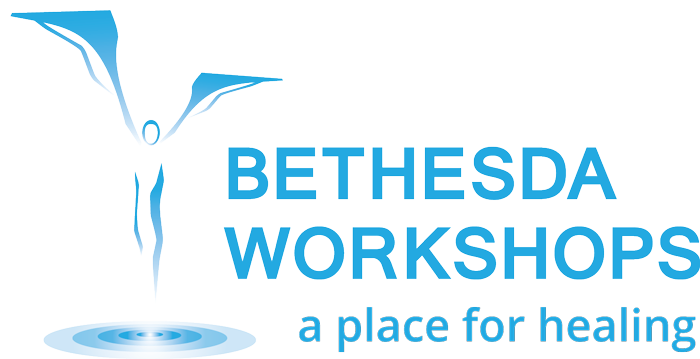In contrast to the messages from florists, greeting card companies, and candy manufacturers, Valentine’s Day is a landmine for most people who are connected to Bethesda Workshops. The pain of betrayal experienced by partners of sex and love addicts is amplified by the saccharine atmosphere that supposedly portrays “true love.” Expectations for the day are high and completely unrealistic about what love truly means and how it’s expressed.
For addicts who are remotely serious about our recovery, we’re flushed with shame at the ways we have betrayed those we love. We know that no heart-shaped gift can soothe the wounds we’ve burned into someone’s heart. Even after years of solid recovery on both sides, the day is poignant with the couple’s painful history that exists alongside reparative healing.
People who aren’t in a coupleship or who are in one that is unfulfilling or painful struggle with increased loneliness around this holiday. Why hasn’t God fulfilled the desire of their heart to have an engaged intimate partner? Many feel shame as they wonder what’s the matter with them that they can’t attract or influence a partner into better relational health. (The answer is probably nothing is the matter with them; a partner is simply unable or unwilling to show up in a healthy way.)
One of the professional listserves I’m part of had a thread this week about how couples in recovery can navigate Valentine’s Day. Clinicians advised some profoundly simple wisdom: Recovering addicts could ask their partners if and how they would like to celebrate Valentine’s Day. They could honor the pain of betrayal by some act of service or agreeing to sidestep the day. Honesty always trumps manufactured hearts.
I suggest we expand the love celebrated on Valentine’s Day to include other forms beside eros, or romantic and sexual love. Even if you’re blessed with eros, I hope you’ll celebrate the agape and phileo loves in your life. Agape love is unconditional, based on the person’s innate worth as an image bearer of Christ, not on his or her merit. It’s kind, generous, steady, and sacrificial even if the person is difficult or “undeserving.” Agape love intentionally desires good for another and best describes God’s love for humankind.
Agape love is visible in nursing homes when a spouse visits and cares for one who is so impaired he can’t even recognize the caregiver. This love isn’t necessarily reciprocated; it’s willfully given without expectation of return. Who needs your agape love today?
Phileo is brotherly-sisterly-friendship love: relational, companionable, fond, and dear. It’s affection and commonalities, based on choice and emotion. I believe phileo is the cornerstone of recovery: the healing connections that soothe attachment-wounded hearts. Phileo is the circle of hands joined at the end of support group meetings, the laughter of friends, and the shared joy of growth or beauty. We can live and thrive without eros; we remain lonely and deprived without phileo.
What if we embraced the childhood practice of exchanging valentines with everyone in the classroom? What if we offered kindness, sensitivity, and tenderness to those in our circle? If we extended valentine greetings of appreciation, friendship, and goodwill to people who have graced our lives? Let’s take the loaded connotations of romance out of a simple question and spread the love.
Will you be my valentine?
Marnie C. Ferree
